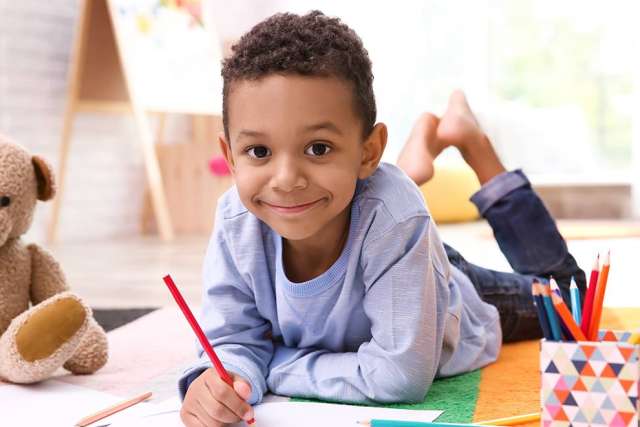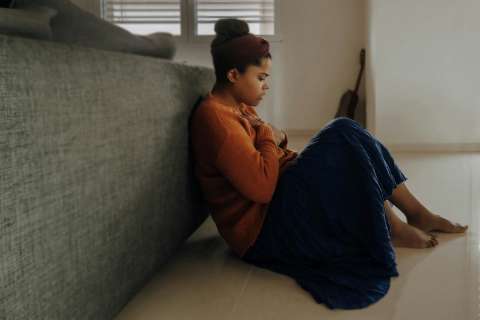Before COVID-19, our days were fairly structured, and families had reasonable certainty about what was coming each day. With the current situation, uncertainty is much higher, and building routines during this “new normal” takes some adjusting. Stay-at-home restrictions have limited outdoor activities and left some notable gaps for free time, causing many families to turn toward increased screen time.
For youth (and many others), this has translated to an uptick in social media usage. This is not necessarily a bad thing; while physical distancing is important, we should not be socially distant.
Social media apps have been a fantastic way to keep connected to family members, friends and schoolmates. However, this has also caused caregivers to become confused about their child’s social media privileges in the COVID-19 era: Should they be the same or should they be adapted?
Fortunately, many of the guidelines about social media privileges still apply, pandemic or not. Monica Wu, PhD, staff psychologist with the UCLA Center for Child Anxiety Resilience Education and Support (CARES) recommends setting clear boundaries, including rules about limiting personal/sensitive information on social media, discussing safety concerns about online interactions and monitoring cyberbullying.
However, with the increased amount of time left unstructured during the pandemic, it can be helpful to set additional expectations regarding time spent on social media and monitoring the activities that your child is engaging in. Specifically:
- Diversify activities: If you find that social media is the only pastime your child is engaging in during free time, it would be helpful to facilitate other activities (especially ones that do not require the use of a screen). For instance, playing family board games, completing a puzzle, drawing a picture, reading a magazine, or going outside on a walk with the dog are all great possibilities.
- Do a mental well-being check: Social media can be great for finding funny pictures, exchanging humorous stories and learning new do-it-yourself activities. However, if youth are compulsively checking their social media, tying their self-worth to certain aspects (e.g., number of “likes” on a post), or engaging in negative comparisons with peers, this can lead to an increase in depression or anxiety. If you see these types of behavioral and emotional changes, reframing the purpose of social media and limiting its use will be important.
- Limit news exposure and use credible sources of information: Social media is a fantastic way for reaching a lot of people in an expedient manner. However, this also serves as the perfect conduit for information overload and spreading misinformation. If you find that social media is turning in a constant barrage of information that is making your child anxious, it would be prudent to limit the amount of time checking the news (e.g., one news check a day) and only focusing on credible sources of information.
- Encourage kids to use the 20/20/20 rule: Every 20 minutes, look 20 feet away for at least 20 seconds. This supports good eye health. Kids may need a timer to help them start this healthy habit.
Ultimately, we are living in an unprecedented time that is requiring significant flexibility from families across the world. Social media can be a fantastic way to maintain the social connections we crave and need, and many of the guidelines about its usage are still applicable during the pandemic. As long as youth are diversifying their free-time activities, monitoring their mental well-being and limiting excessive news exposure at this time, social media apps are a great way to remain connected with their family, friends and schoolmates.
About CARES
The UCLA Center for Child Anxiety Resilience Education and Support (CARES) strives to create a community of support around children who are dealing with stress and anxiety. We do this through the creation and implementation of programs designed to help teachers, parents, and clinicians develop a greater understanding of the early signs of childhood anxiety and key strategies to help children and families build resilience.http://carescenter.ucla.edu/
Written by Monica S. Wu, PhD, CARES Staff Psychologist



